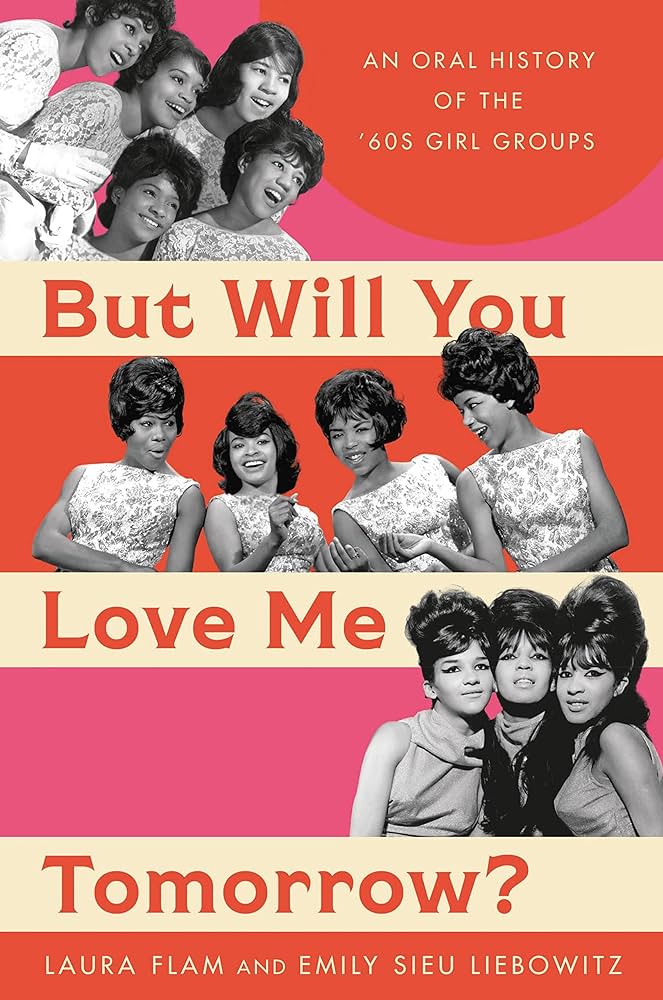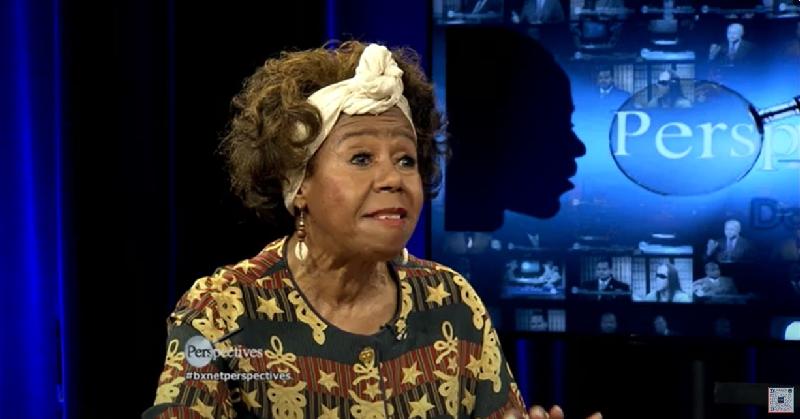
*The 1950s and ’60s girl groups – epitomized by acts like The Ronettes, The Crystals, The Shirelles (featuring Beverly Lee), The Supremes, and The Vandellas – revolutionized American pop music and energized the civil rights movement.
Their story is told in “But Will You Love Me Tomorrow?: An Oral History of the ’60s Girl Groups.” Emily Sieu Liebowitz and co-author Laura Flam are lifelong fans of the girl group sound.
They feature over 100 subjects who made the music, from singers to songwriters to their agents, managers, and sound engineers. Liebowitz told EURweb the women were inspiring.
“We talked to so many people from varying backgrounds, and their lives have gone in all kinds of directions,” the award-winning author said. “Some continued in the music business, some had families, some had wild, unbelievable public success, others got solid jobs and created community wherever they landed, some died young, and some are still with us today.
Liebowitz added: “It was a real honor to have so many elders sharing their lives with us. To say it’s not something we value enough in society is an understatement.”

One of the artists featured in the book is Beverly Lee, one of the original founding members of the Shirelles. As a teenager, she fondly remembers hanging out with girlfriends at her house in Passaic, New Jersey.
“We were sitting around listening to the radio on 1600 AM WWRL. (DJ) Tommy Smalls would be playing songs. You could call in and have songs dedicated to you. We were listening to the Dells and the Shantells, you know. We started harmonizing with the songs we heard on the radio,” Lee recalled in an exclusive interview with EURweb.
Those same friends, Shirley Owens, Doris Kenner, and Addi “Mickey” Harris would perform with her so well at their high school’s talent show that they were signed in 1957 to a recording contract. The book takes Lee down memory lane.
“It’s a wonderful book. I love the concept. I love the way everybody tells their stories. This book jarred a lot of memories,” Lee said.
One unpleasant memory she candidly discusses is exploitation in the music industry.
“I’m glad the book was written because people need to know the truth,” Lee stressed. “Agents really did a job on a lot of the artists. They stole from us. Sometimes we didn’t get paid. We sometimes had a very difficult time,” she admitted.
Despite that difficulty, the Shirelles became the first African American girl group to have a No. 1 hit song on the Billboard Hot 100 chart with “Will You Love Me Tomorrow.” Their popularity with both White and Black audiences was seen by many as helpful to the burgeoning civil rights movement.
“We went down to Birmingham, Alabama. We were told the Ku Klux Klan had marched before we got there.”
Lee said people in the South didn’t know the Shirelles were Black: “The covers of our albums that were sold in the north had our pictures on them, but in the south, the albums had sketchings, and all kinds of drawings on them.”
She vividly recalls performing before an all-White audience at a college in South Carolina. There was no trouble, but she’ll never forget the expressions on the people’s faces when they saw the young Black girls.
“When we got there, if you could have seen the look in their eyes.” Lee added that being there “opened the door for other artists to come in.”
During the ’60s British invasion, several artists from across the pond professed their love for the soulful sounds of girl groups. According to George Harrison, the Beatles were large admirers:
“We always loved those American girl groups, like the Shirelles and the Ronettes, so yeah, we developed our harmonies from trying to come up with an English, male version of their vocal feel.”
Lee said their music was about “sticking up for women’s rights.” It wasn’t easy doing that during an era when empowerment for women was unheard of.
“The music business was male-dominated when I got started. When the Shirelles came along, we showed them some girl power through our songs. People can criticize ‘Will You Still Love Me Tomorrow,’ but all we’re asking for in the song is will you still respect me tomorrow if I’m yours? A woman has the right to do that,” Lee maintained. “Mary Wilson (of Supremes) told us we showed them how it could be done.”
The Shirelles have received numerous honors, including the Pioneer Award from the Rhythm and Blues Foundation, as well as being inducted into the Rock and Roll Hall of Fame in 1996 and named one of the 100 Greatest Artists of All Time by Rolling Stone in 2004. Two of their songs, “Will You Love Me Tomorrow” and “Tonight’s the Night”, were selected by Rolling Stone on its list of the greatest songs of all time. In 2022, their debut album Tonight’s the Night was selected by the Library of Congress for preservation in the National Recording Registry as being “culturally, historically, or aesthetically significant.”
MORE NEWS ON EURWEB: Morgan Freeman is ‘In Fine Health,’ Despite Concerning Video | WATCH/See for Yourself
We Publish News 24/7. Don’t Miss A Story. Click HERE to SUBSCRIBE to Our Newsletter Now!






